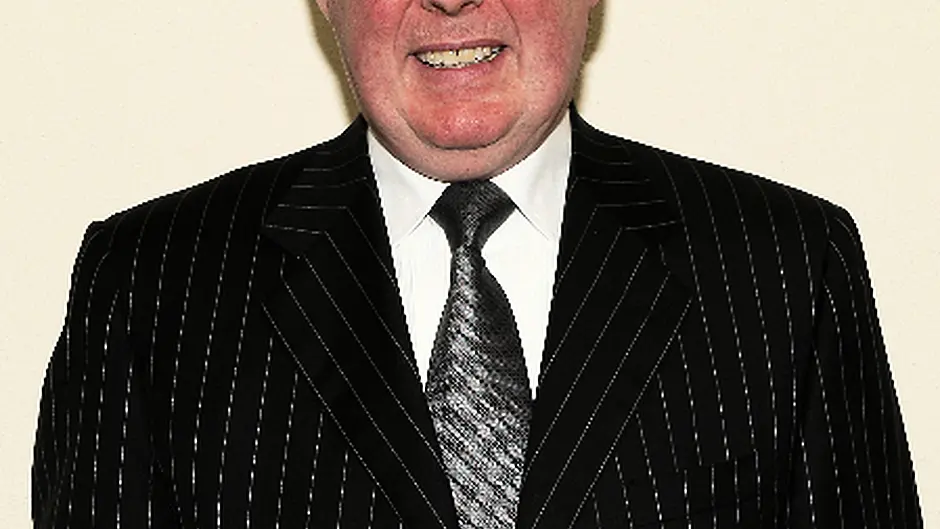A judge sitting in West Cork has said the current fixed charge notice system needs ‘a radical overhaul if it is to function properly’.
A JUDGE sitting in West Cork has said the current fixed charge notice system needs ‘a radical overhaul if it is to function properly’.
Judge James McNulty was hearing the case of a Kinsale man who attempted to pay a fixed charge notice for exceeding the speed limit in an 80 zone by 12 miles.
The defendant, Donnagh McDonnell of Nohoval, Kinsale, admitted at Kinsale District Court that he was speeding at Carhoon West in Bandon on April 14th.
He told the court that he attempted to pay the fixed charge notice at his post office, but the post office clerk refused to take payment because the name on the notice read ‘McDonald’, not McDonnell.
Judge McNulty put the case back to the December 17th sitting of the district court and said he would be ‘guided in this matter’ by the High Court.
A district court judge is entitled to seek clarification on legal matters, or points of law, by referring them to the High Court.
Judge McNulty said he was of the opinion that a lot of people are experiencing problems with the fixed charge notice system as it stands and that it needs ‘a radical overhaul if it is to function properly.
‘There may be ways,’ he added, ‘to ensure that notices might be more efficiently served, especially in these days of email and other electronic means.’
On the subject of fixed charge notices, Judge McNulty also urged the swift implementation of the ‘third’ option for motorists, which has been enacted but not implemented.
Anyone issued with a fixed charge notice is given a deadline for payment. If they miss that, they have a second payment option, but at an increased cost.
If the second fine isn’t paid, a summons is then issued requesting the motorist to appear before the district court.
There is, however, a third option – Section 44 of the Road Traffic Act – that allows motorists to avoid court by paying another fixed charge on service of the summons.
Provided this is done at least seven days in advance of the court date, then the prosecution is there and then discontinued without hearing or conviction.
Because this option has not yet been implemented, Judge McNulty said: ‘Ordinary citizens who want to do the right thing are being frustrated by the system.’








